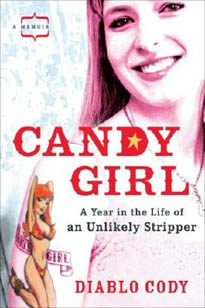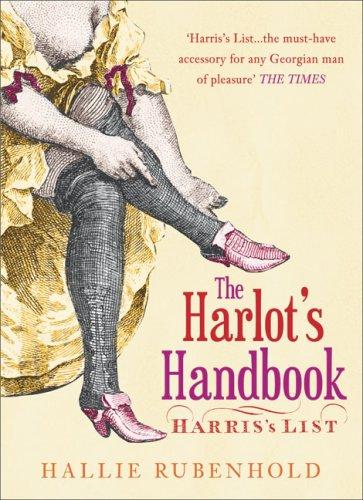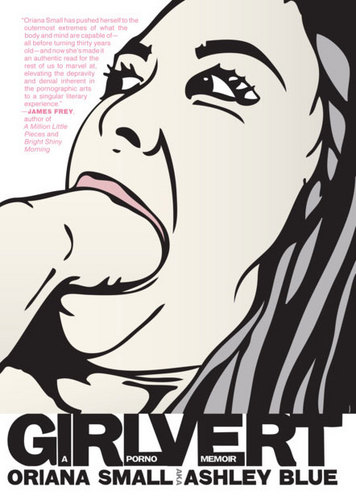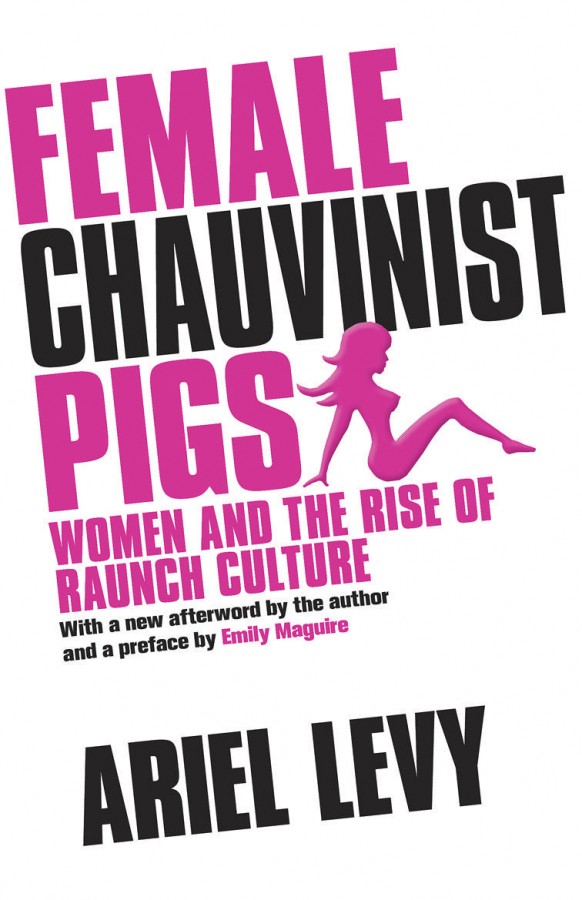Diablo Cody’s Candy Girl (2005)
 I was outed the other day as a stripper. I tracked down everyone involved in the gossip chain, found the weak link (who sent me an apology letter), and then asked one of the recipients of this hot morsel of Big News in a Small Town out to coffee. She told me she was surprised that I was nude dancing but she didn’t really care; she thought it was kinda neat and had I read Candy Girl? I would love it, she told me. It’s all about a cool girl stripper. I hadn’t read it but I’ve heard a smattering of talk in the sex worker scene about it. So I decided to read it, seeing as how, as my Small Town friend demonstrated, it’s the modern touchstone to answer every civilian girl’s fantastical question: “What’s it like to be a stripper?”
I was outed the other day as a stripper. I tracked down everyone involved in the gossip chain, found the weak link (who sent me an apology letter), and then asked one of the recipients of this hot morsel of Big News in a Small Town out to coffee. She told me she was surprised that I was nude dancing but she didn’t really care; she thought it was kinda neat and had I read Candy Girl? I would love it, she told me. It’s all about a cool girl stripper. I hadn’t read it but I’ve heard a smattering of talk in the sex worker scene about it. So I decided to read it, seeing as how, as my Small Town friend demonstrated, it’s the modern touchstone to answer every civilian girl’s fantastical question: “What’s it like to be a stripper?”
Here on Tits and Sass there’s general disagreement on the quality of this book. Kat likes it. Catherine doesn’t. So it’s kind of appropriate that I’m writing the review because I generally like 93 percent of the book and abhor 7 percent so deeply, I want to scream at Diablo Cody, “Are you fucking serious?!!”
Let’s start with the good.



